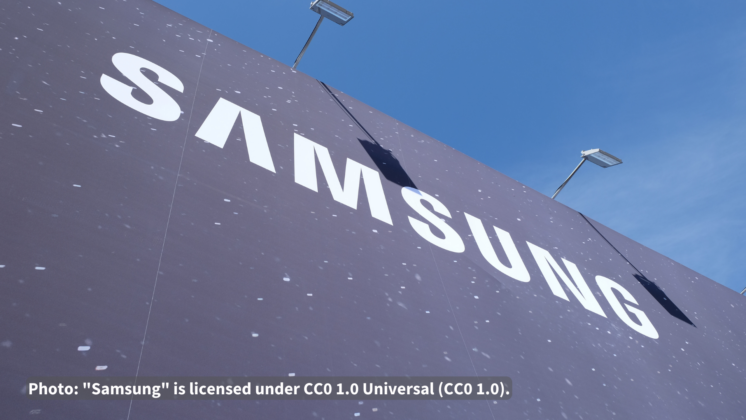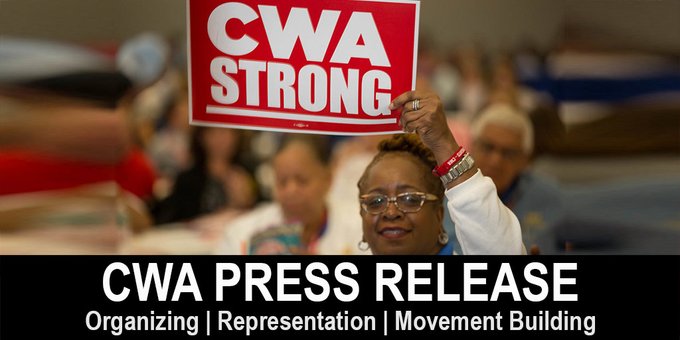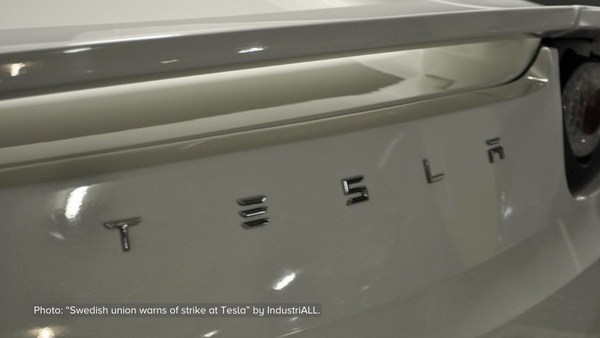As SHARPS’ sit-in has surpassed the 600 day mark, Sharan Burrow, general Secretary of the International Trade Union Confederation, visited the very site where families of Samsung’s cluster victims and SHARPS advocates have been squatting in protest against Samsung Electronics for scuppering negotiations.
Solidary of 180 Million Workers Worldwide
“Thanks for your amazing tenacity in holding this company to account,” Burrow greeted SHARPS activists and supporters on May 29, 2017 evening, as SHARPS was about to wrap up the 601st day of its sit-in. “I am bringing with me the solidary of 180 million workers around the world.”
Corporate Empire Built on Lies
Burrow focused her 30-minute talk on Samsung’s vast global supply chains, which are plagued by rampant violations of labor and human rights.
“When you look at Samsung, it was, in fact, already based on lies,” the ITUC general secretary said, pointing to the ITUC’s findings: Samsung relies on multi-layered, complex supply chains to hire casual workforces globally. Samsung said there were 320 thousand workers in its supply chains. However, the ITUC found there were 1.5 million globally, many of them working on short-term contracts for sub-subsistence wages.
On May 30, in a meeting with South Korea’s new president, Moon Jae-in, Burrow raised the issue of SHARPS with him, along with other major labor concerns regarding South Korea.
Higher Court: Samsung Victim’s Multiple Sclerosis Is Occupationally Caused
In a rare turnaround, Seoul’s higher court reversed a lower-court decision and declared a Samsung victim’s multiple sclerosis occupationally caused. The ruling was the first of its kind for an occupational-disease victim who worked at Samsung’s chip line. Earlier in Feb. 2017, a lower court ruled a Samsung LCD worker’s multiple sclerosis was occupationally caused.
The Lack of Information
The victim, 33 year-old Lee So-jeong (a pseudonym at her request), began to work at Samsung’s semiconductor lab in 2003 when she was only 18 years old. She resigned in 2005 as her health declined. In 2008, she began to suffer from partial facial paralysis, which led to a diagnosis of multiple sclerosis.
In 2013, after KCOMWEL rejected her workers compensation claim, citing the lack of information of chemicals involved and her short employment time, Lee filed an administrative lawsuit. And the lower court reiterated KCOMWEL’s reasoning.
Samsung often frustrates legal proceedings by its occupational-disease victims by withholding information on chemical material on the pretext of trade secrecy. And regulators and courts have to date remained complacent, allowing such maneuvers.
New Report on Samsung’s and LG’s Supply Chains
Solidary for Workers’ Health, a Seoul-based labor health advocacy group, published an English-language report on methanol-caused vision-impairments that last year affected at least six of Samsung’s and LG Electronics’ subcontractor workers.
The report, The Blind—A Report on Methanol Poisoning Cases in Supply Changes for Samsung and LG Electronics in Korea can be downloaded in PDF at http://laborhealth.or.kr/43375.
SHARPS’s Sit-in Continues
Since Oct. 7, 2015, SHARPS and its supporters have been staging a sit-in at Samsung D’light, the company’s so-called global exhibition space in south Seoul, calling for the world’s largest technology company to: 1) compensate all victims of occupational disease transparently and sufficiently; and 2) make a sincere and full apology.
Read more here.











